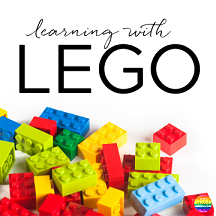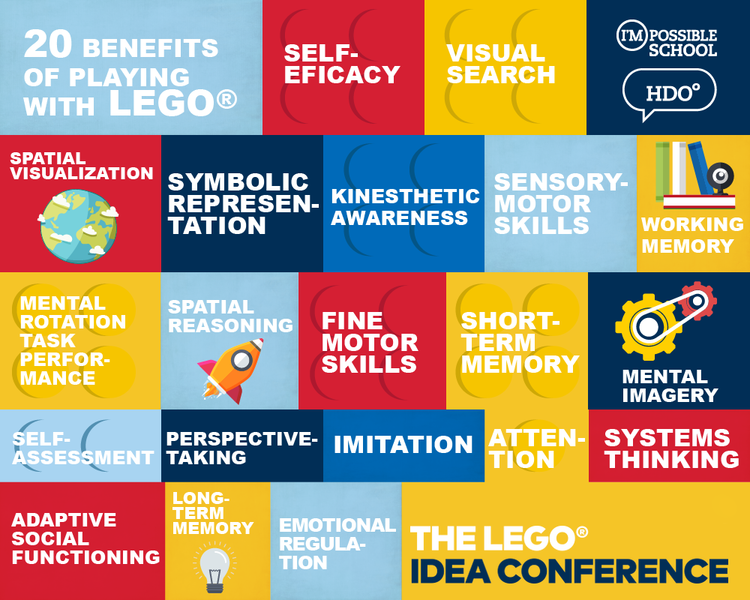LEGOS
LEGO

LEGOs have been a staple in the toy box of children around the world for decades, but only recently have psychologists and educators begun to study the effects of playing with the classic toy. What they’ve found is that LEGOs aren’t just fun, they’re beneficial for your child’s development in several important ways. LEGOs are important because they encourage creativity, problem solving, and social skills. One of the reasons why Lego is so good for the brain is that it builds concentration span. What is this? The more a child is immersed and “lost” in an activity, the more their ability to focus develops.
LEGOs can be played with in a variety of ways, including building with them, taking them apart, and stacking them up. All these activities are beneficial to your child’s development in different ways. Building with LEGOs helps children develop their fine motor skills. While these muscles develop, children also get a chance to work on their hand-eye coordination. Taking LEGOs apart has the opposite effect, it helps children develop their gross motor skills by allowing them to use their hands in new, creative ways. Stacking LEGOs up is a fun way to develop hand strength in both children and adults. Through playing with LEGOs, children develop their spatial awareness by building, demolishing, and rebuilding different objects. As they play, they learn more about spatial awareness and how to apply their knowledge to the real world.
Why To Explore Legos ?
Lego provides a way to mastering many other kind of emerging skills, such as problem solving, spatial skills and understanding semi complex tasks. Using three-dimensional objects also enables young and fertile minds the ability to plan ahead and make the necessary alterations so the pieces fit together as intended.

Benefits of LEGOS
- Communication and Language skills
- Creativity and Experimentation
- Perseverance and Management of Frustrations
- Lowering Anxiety and Stress
- Improved eye/hand coordination
- The development of spatial skills
- Persistence and patience
- Enhanced fine motor skills
- Problem solving skills
- Teamwork when playing with others
- Learning how to plan
- Achieving a sense of accomplishment
- Focus and Concentration


